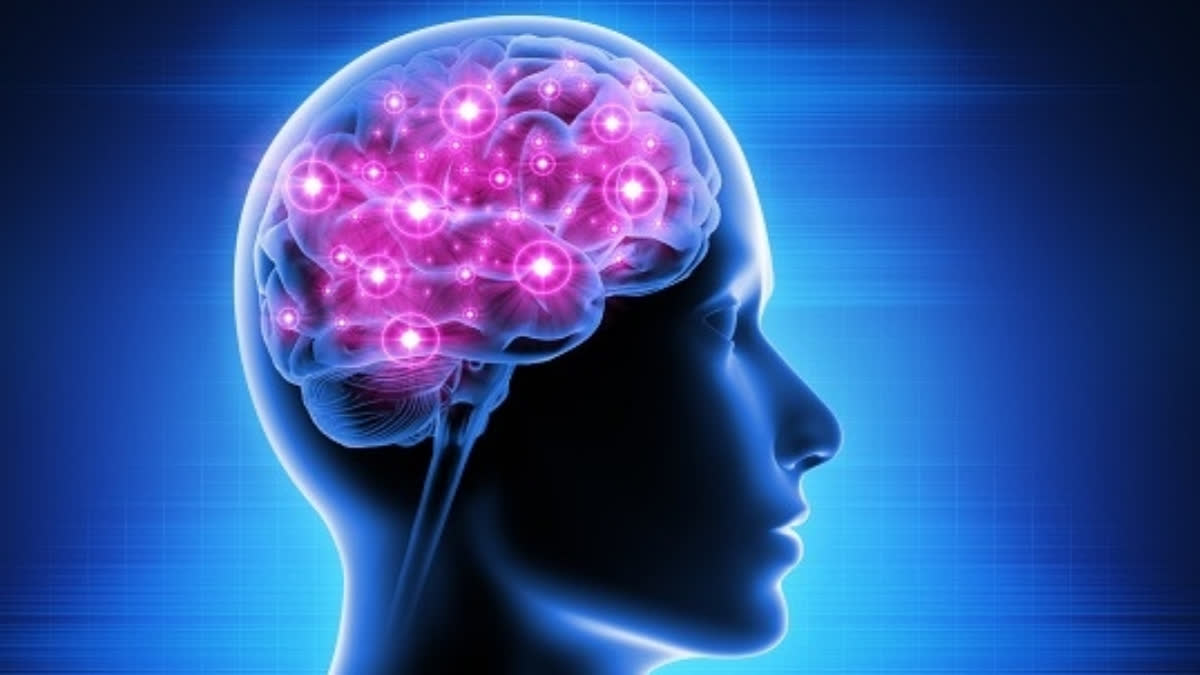Toronto (Canada): Researchers have used a new type of magnetic resonance imaging (MRI) to probe how Covid-19 can change the human brain. The new imaging technique, known as correlated diffusion imaging (CDI), was developed by systems design engineering professor Alexander Wong at University of Waterloo.
It was originally developed for detecting cancer. CDI is a new form of MRI that can better highlight the differences in the way water molecules move in tissue by capturing and mixing MRI signals at different gradient pulse strengths and timings. A team at Rotman Research Institute at Baycrest used the CDI for Covid study on the brain.
Their findings, published in the journal Human Brain Mapping, showed that the CDI imaging of frontal-lobe white matter revealed a less restricted diffusion of water molecules in Covid-19 patients. At the same time, it showed a more restricted diffusion of water molecules in the cerebellum of patients with Covid-19.
Also read: How human immune system detects Covid
"Some may think Covid-19 affects just the lungs," Dr. Wong said. "What was found is that this new MRI technique that we created is very good at identifying changes to the brain due to Covid-19. Covid-19 changes the white matter in the brain." Wong highlighted that the two regions of the brain react differently to Covid and points to the human cerebellum which might be more vulnerable to Covid-19 infections. His study also reinforces the idea that Covid infections can lead to changes in the brain.
Wong suggested that future tests could focus on whether Covid actually damages brain tissue. Additional studies could also determine if Covid can change the brain's grey matter. "Hopefully, this research can lead to better diagnoses and treatments for Covid-19 patients," Wong said. "And that could just be the beginning for CDI as it might be used to understand degenerative processes in other diseases such as Alzheimer's or to detect breast or prostate cancers." (IANS)
(This story has not been edited by ETV Bharat and is auto-generated from a syndicated feed.)



